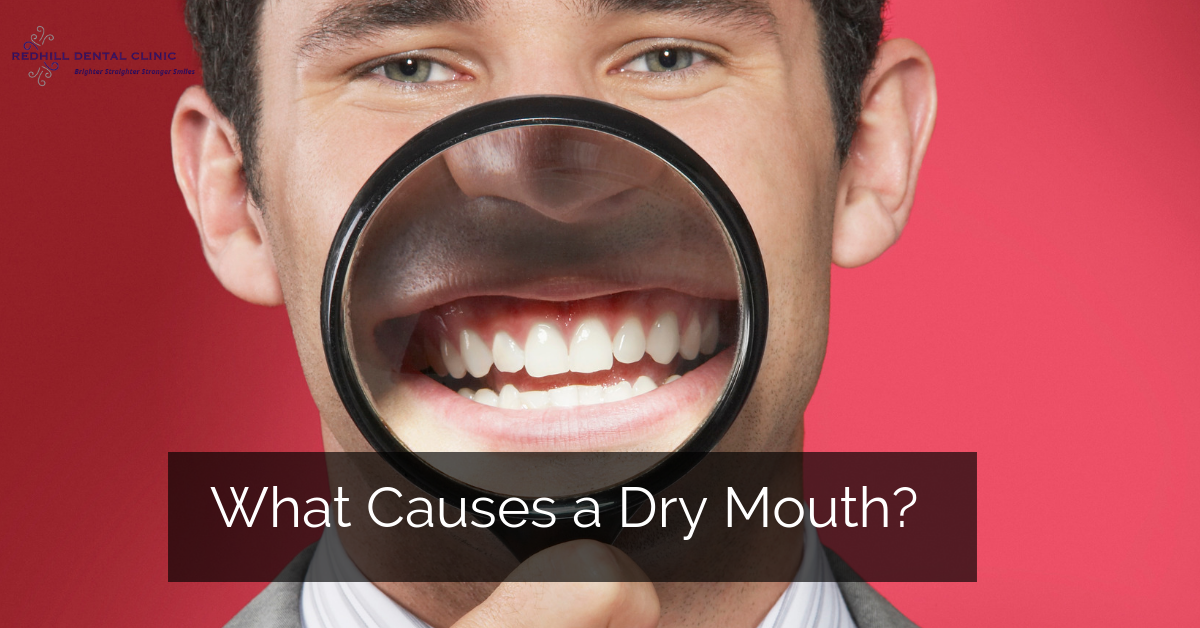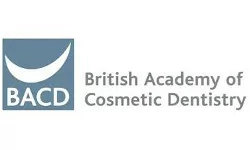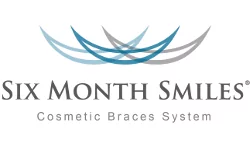
We all know that water is essential for the survival and normal functioning of our body. But did you also know that the saliva, which is largely composed of water is also essential for our dental health? Our oral cavities are constantly being bathed with the saliva, which not only provides a cleansing effect on the teeth, but it also provides an antibacterial and digestive function.
What is Dry Mouth?
Under normal conditions, saliva is being constantly made inside the oral cavity by the salivary glands. However, there are certain conditions in which the oral cavity does not make enough saliva to perform all the essential functions. As a result, the mouth becomes dry and creates problems during speech and eating. This condition is known as dry mouth, scientifically known as xerostomia.
What are the Causes of a Dry Mouth?
A dry mouth can be caused due to a variety of reasons:
- Dehydration – this is one of the most common causes of transient xerostomia. Conditions which excessive water loss from the body such as sweating, diarrhea, blood loss or vomiting can lead to a dry mouth.
- Lifestyle Habits – excessive smoking or chewing of tobacco tends to damage the salivary glands. This results in reduced production and release of saliva into the oral cavity.
- Nerve Damage – traumatic injury of the head or the face may result in damage to the nerves which supply the salivary glands, resulting in decreased salivary flow.
- A side effect of Medical Treatments – damage to the salivary glands during radiotherapy or chemotherapy for cancer treatment can also cause dry mouth.
- Side Effect of Medical Conditions – dry mouth can also be a side effect of various medical conditions like the HIV/AIDS and other autoimmune diseases, Sjögren Syndrome, Anemia, Cystic Fibrosis, Hypertension, Diabetes, and Rheumatoid Arthritis.
- Side Effect of Medications – certain medications such as those used to treat hypertension, epilepsy, anxiety, asthma, depression, and anxiety have also been known to cause xerostomia. However, in most cases, the dry mouth caused by them is transient and the condition goes away as soon as the medication is discontinued or replaced with another one. As well as causing a dry mouth sometimes these medications can also cause dry eyes.
Is Dry Mouth Dangerous for My Dental Health?
The persistent state of having a dry mouth can be dangerous for your oral health in many ways:
- Teeth Cavities – when there is insufficient salivary production or release, the teeth do not benefit from the cleansing action of the saliva. As a result, plaque and tartar deposits form on the teeth and promote the formation of cavities.
- Gum and Periodontal Problems – reduced salivary flow can also lead to the development of tooth decay and gum disease which cram progress into the more severe periodontal problems due to the adherence of plaque and tartar deposits.
- Increased Chances of Dental Infections – saliva provides a protective and antibacterial action inside the oral cavity. When its production is reduced, the oral cavity becomes more vulnerable to the development of infections.
The first step in treating dry mouth is to talk to your dentist so that the underlying problem can be diagnosed.
Something you might want to try
- Anything which stimulates saliva production. Sucking on sugar free sweets or chew sugar free gum.
A dry mouth can often cause a burning sensation due to the saliva glands which don’t work properly. If you can get your mouth wet by stimulating saliva production this may help this uncomfortable sensation.
Generally, dry mouth sensation goes away as soon as the underlying problem is removed. In addition, maintenance of optimal oral hygiene and increasing water intake to minimize the chances of dehydration also help in preventing xerostomia.











